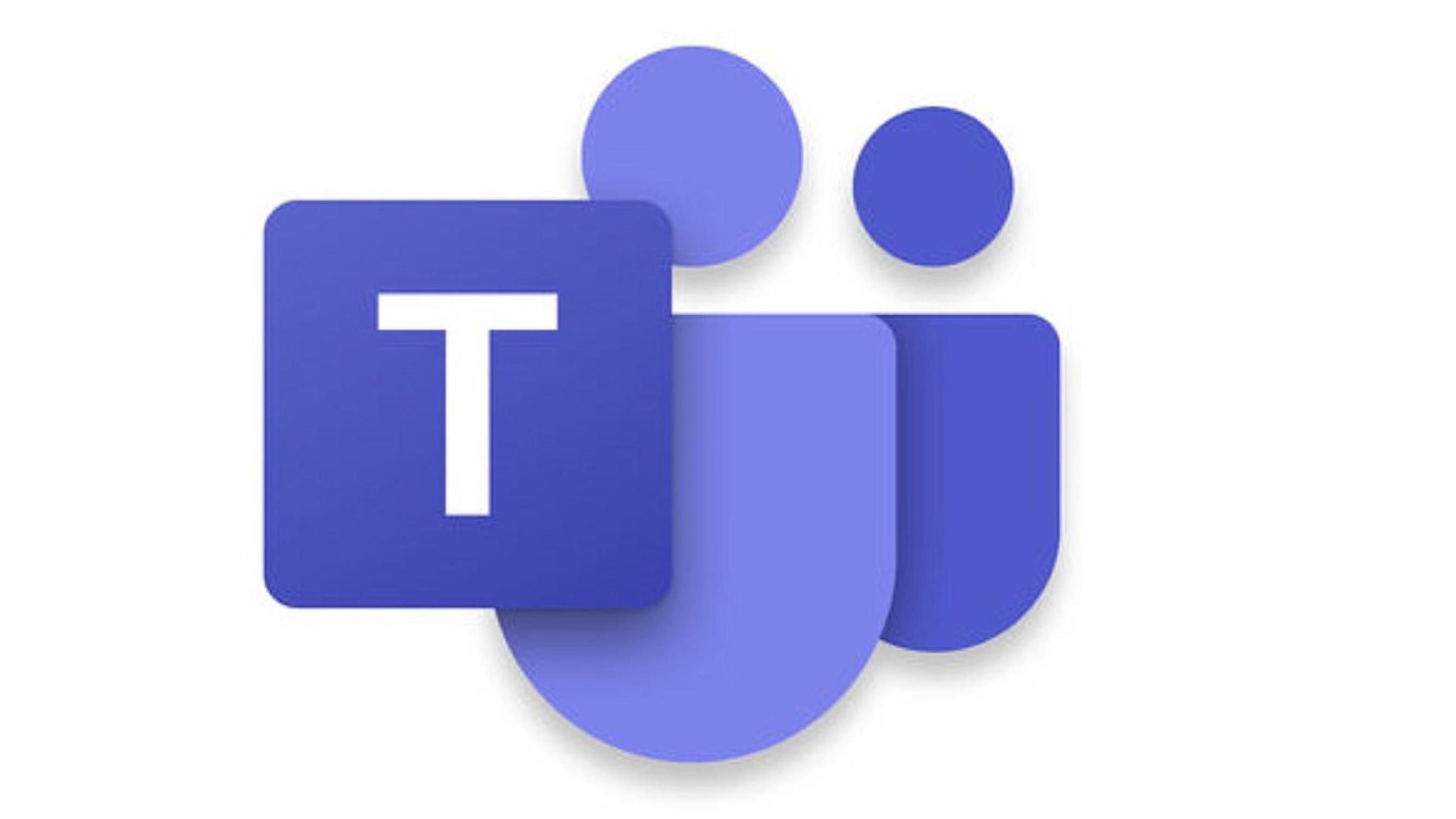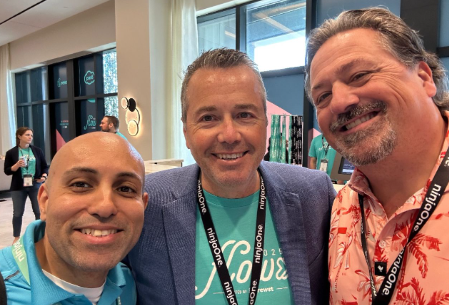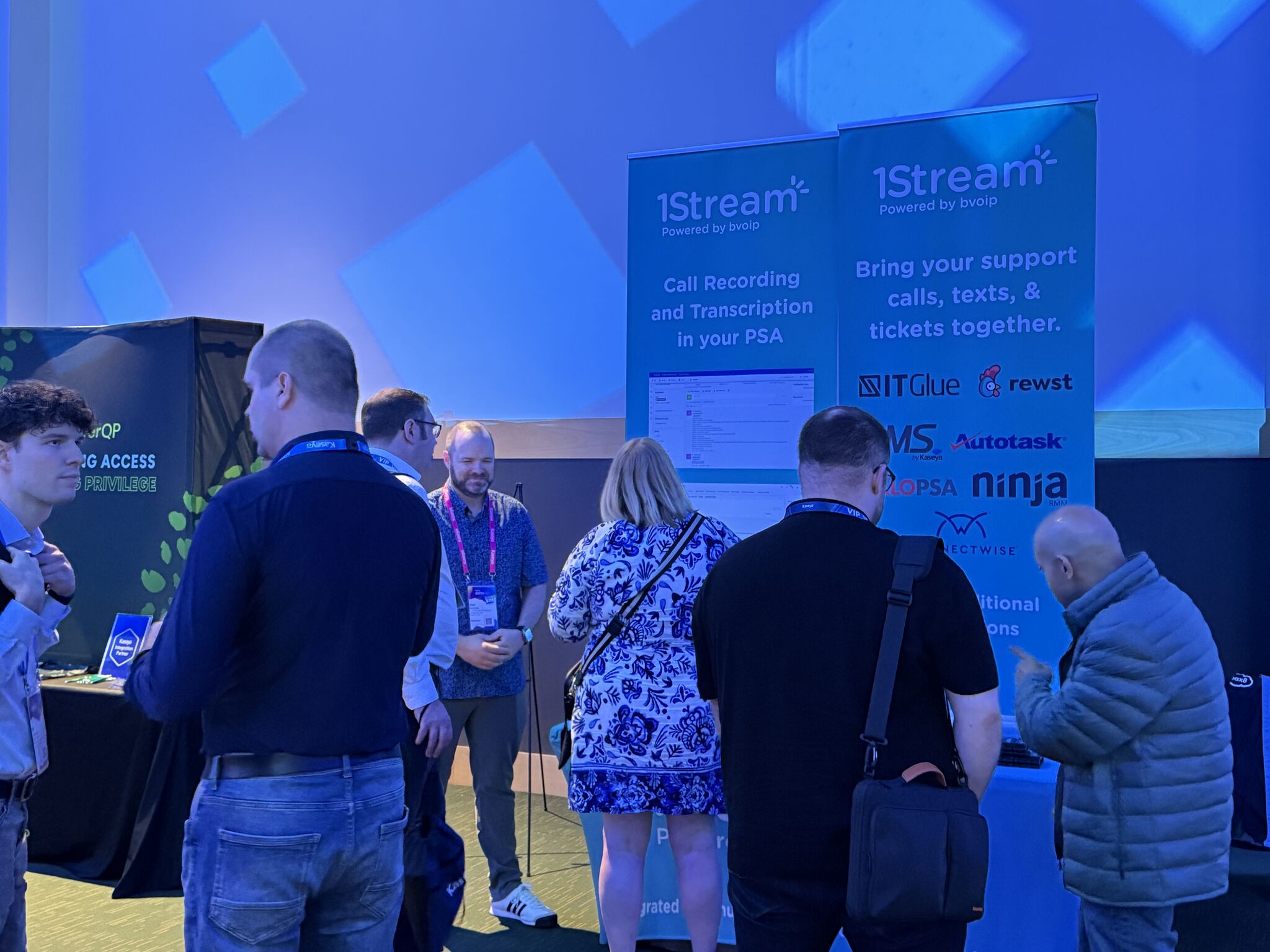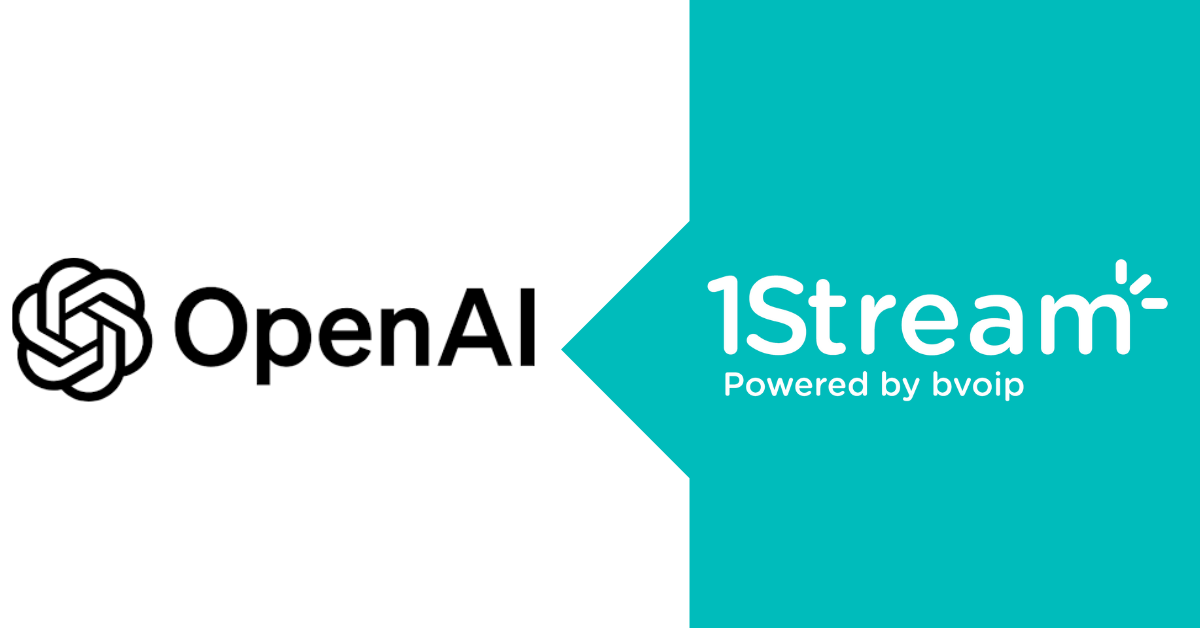
Back in 2018 we wrote a blog article Titled "Spotting a Channel Vendor Poser". This spawned from a real convo with a real MSP who was having an open conversation about their experiences with their vendors. Many of the things we talked about in 2018, if not all, still hold very true now in 2020.
Have things really changed much?
The channel means different things to different people. There is no question the "big guys" in the industry sell direct, and they don't shy away from saying so. The Microsoft's of the world may get away with "channel conflict," because they are at the top of the food chain, however, even the Microsoft's of the world have realized the unicorn that is the SMB space (and to them, an SMB is categorized as a business with less than 1,000 employees) is better served through a multi-tiered approach rather than trying to field all of those requests directly. For example, Microsoft actually encourages its partners to go through distribution partners these days for their Office 365 and Microsoft 365 offerings. Microsoft put many more roadblocks in place to prevent partners or resellers to buy directly from Microsoft in an effort to streamline the entire "ecosystem."
Let's go another direction. There is a LOT of VC and PE money that has flooded the IT Services and MSP space over the last 5 years or so. All of a sudden, the playbook is delivered from upstairs, which largely means termed agreements, less negotiating opportunity, and a pivot to companies that are largely channel-first building sales teams to target mid and large enterprises while trying not to publicly bump into their partners "on the street." All of a sudden what used to be a pretty straight forward and fair business relationship can become very rocky. Pricing starts to change, the end customer will ultimately get what they need from someone, but the IT or MSP Provider is who ultimately gets squeezed in between like a bad sandwich.
2020 has definitely pushed things in a direction that many didn't plan for including the channel vendors. The money backed guys seemed to all cut head count whether the story of COVID-19 was convenient or not. Faces changes and relationships disappeared. Help with billing, pricing, concessions to help keep customers on board seemed very difficult to obtain as contract and terms of service were not relaxed in many cases. 2020 will soon be behind us, but I have a feeling that the service providers around the world will have long memories moving forward...
So what are the signs of a channel vendor Champion?
Transparency For Free, NFR (Not For Resale) & Promotional Offers
The word free is always interesting. Everyone loves free... until it's not really free. Nobody wants to really buy a car without test driving it. However, the idea that services will be free ongoing and forever is never really true, is it? NFR's are meant for testing not for production! At some point, everything has a cost and if someone is offering something for free in perpetuity, then there is always another shoe somewhere that drops. Don't get bamboozled but this! Ask the question, "Free until when exactly?"
No Disguises Minimums
No minimum, pay as you go, no pressure! Sounds great! Oh, only for as long as you are in the partner program. Let's be real, if you planned to get something for free and never transact you can't last forever. So, instead of thinking that it will last forever, ask for the reality behind the program and its terms. It sounds great upfront true, but it is designed to work in the first place? If you get everything for free, what is there to buy? Figure out the real story and understand the time frame before you get the axe.
No Barriers for Access to Support
This is when "free" starts to break down. I know support is a BIG one for most IT and MSP providers out there. Everyone assumes you can just Google your way through everything, but let's face it, at some point you WILL need help. Can you get to support without hitting a paywall? Even Microsoft won't support you directly unless you have a vehicle to open up a support incident, right? Understand what the reality is so you are not forced into an emergency and find out the long way! Also, understand the value of your time. If you spend hours, days, weekends, and holidays trying to figure it out on your own... at what point are you upside down on time you can't get back?
Legit Support Rather Than a Mirage
Imagine you have a customer that is DOWN. You are stuck, you can't figure it out, and you are in a bind. You reach out to your vendor partner for help and you find out that (paid or not) there is a multi-day turnaround time for you to actually get in touch with someone. Then, when you do finally get in touch with someone, it's electronic and reaching a real human being turns into a mission. So, you go through the process and find out that support didn't actually help you get any closer to solving your problem. Let's be honest, support is a two-way street. There is a natural balance between partners and vendors when it comes to this topic, but timely access to support is expected in most cases. Make sure to ask the right questions up front, so that you don't get stuck on the side of the road with no tow truck in sight! That's the worst time to find out that you are not in a good place!
Doesn't Contact Your End Customers Without You Involved
We have all heard, felt, and been frustrated when vendors try to end run around you and start to communicate to your end customer. Sometimes you find out about it, other times you don't. If you are doing the legwork from prospecting, sales, training, implementation, and support, then why is it ok that the vendor try and sell, marketing, and ultimately start to directly deal with you out of the picture? This is an important one. Understand the situation and make sure you don't go into any partnership without very clear lines drawn.
Doesn't Attempt to Move End Customers to Another Competitor
This basically continues the topic above. So, let's say you break up or, let's say you are not the top of the partner list for said vendor, or, let's say an existing end user calls a vendor asking for help. The right way to handle this is the vendor should contact you to see how you would want to deal with the end user. It is not okay that the first thing that happens is that a vendor takes your end customer's contact info and shuffles it over to another provider without exhausting all attempts to work with you. Also, if you are exiting a relationship your customer list on that vendor's product should not be sent to the next provider in the next town either.
Doesn't Sell to the End Customer Directly, Cutting You Out of the Picture
The two above topics spell out most of the story. The reality is sometimes the vendors you work for also do have direct sales teams. The key, however, is to make sure that if your customer somehow engages them (or vice versa) that any business should go back to the originating partner (with very few exceptions allowed). If there is a chance for you to be sold around, then that's surely not good for you.
Actually Gives You Leads for Prospective Buyers
This is another two-way street conversation. Relationships, volume, ability to adequately offer a solution all apply here. Every true Channel Vendor should be trying to help their partners grow in any way they can. Leads definitely do come by and also do get distributed from vendors to their partners. They surely should be, if said channel vendor is not selling direct. If you build the right relationship with your account managers and work together to grow, leads will come. Don't expect a wheelbarrow of contacts to show up on your front door, just by signing up as a partner. At the same time, it's also not okay to be a high performer, and then fail to collect leads from from your vendor. Both parties involved have to do their part, and it can be a tricky balance!
Actually Offers MDF (Marketing Development Funds)
This goes in tandem with the early topic of leads. Every vendor has MDF funds they budget for each year. If you are a top performing partner, then this should be easily available to you. If you are not a high performer, but still do consistent business this also should be there, if you ask for it. If you are not doing a ton of business you still might actually get access to this. Again, the relationship you have with your account managers is critical. MDF is supposed to work for both sides, and be mutually beneficial.
Helps You Present, Demo, and Pitch
Remember that two-way street? You grow and they grow together? Vendors who really care about helping you grow will help you whenever you need backup. Don't feel confident to present to a prospect? Want some additional ammo to take to the table? Feel like bringing a little bit more legitimacy to help reel in a deal? Simply put, you shouldn't and don't have to go at it alone. Your vendor partner should be there and help you at each level. One important thing through, don't be afraid to ask for help! Closed mouths can't be fed.
Takes Feedback Seriously and Actively Works on Keeping Things Mutually Beneficial
Nobody is perfect. The only way things get better is by talking it out, and working together to pinpoint how to invest time, money, and energy. In a true channel model, constant and meaningful ideas, adjustments, and pivoting to get to a successful place are a must. If the willingness is not there to have legit ideas exchanged between both sides, then it's more than likely a one-way road where things are only being done to facilitate the idea that there is dollars expected after something new is delivered. It feels a whole lot better when everyone is winning together rather than constantly butting heads. Vendors and their partners should have an open forum to talk about the truths of the trade rather than walking on eggshells, hoping that someone doesn't get too offended on either side.
Closing Thoughts...
We all know the internet is a big place and you can find options instantly. While we know it's not always easy finding the right fit for you at times, it's important to understand the larger business implications when things start to pile up in favor of the vendor. Words like FREE, NFR, NO COST, NO MINIMUMS sound great, but are they REAL? Make sure you ask the hard questions upfront before you get too far down the road and find out you are in a bad relationship. Whether it's larger vendors from the enterprise space trying to come down or smaller vendors trying to prepare themselves to sell in the end you need to make sure it makes sense for the way YOU do business and the way you work with your end customers. Nobody wants to work twice as hard to deliver a good experience. The channel vendors that figure out the right balance between all of these situations will be the ones that help them and you!























